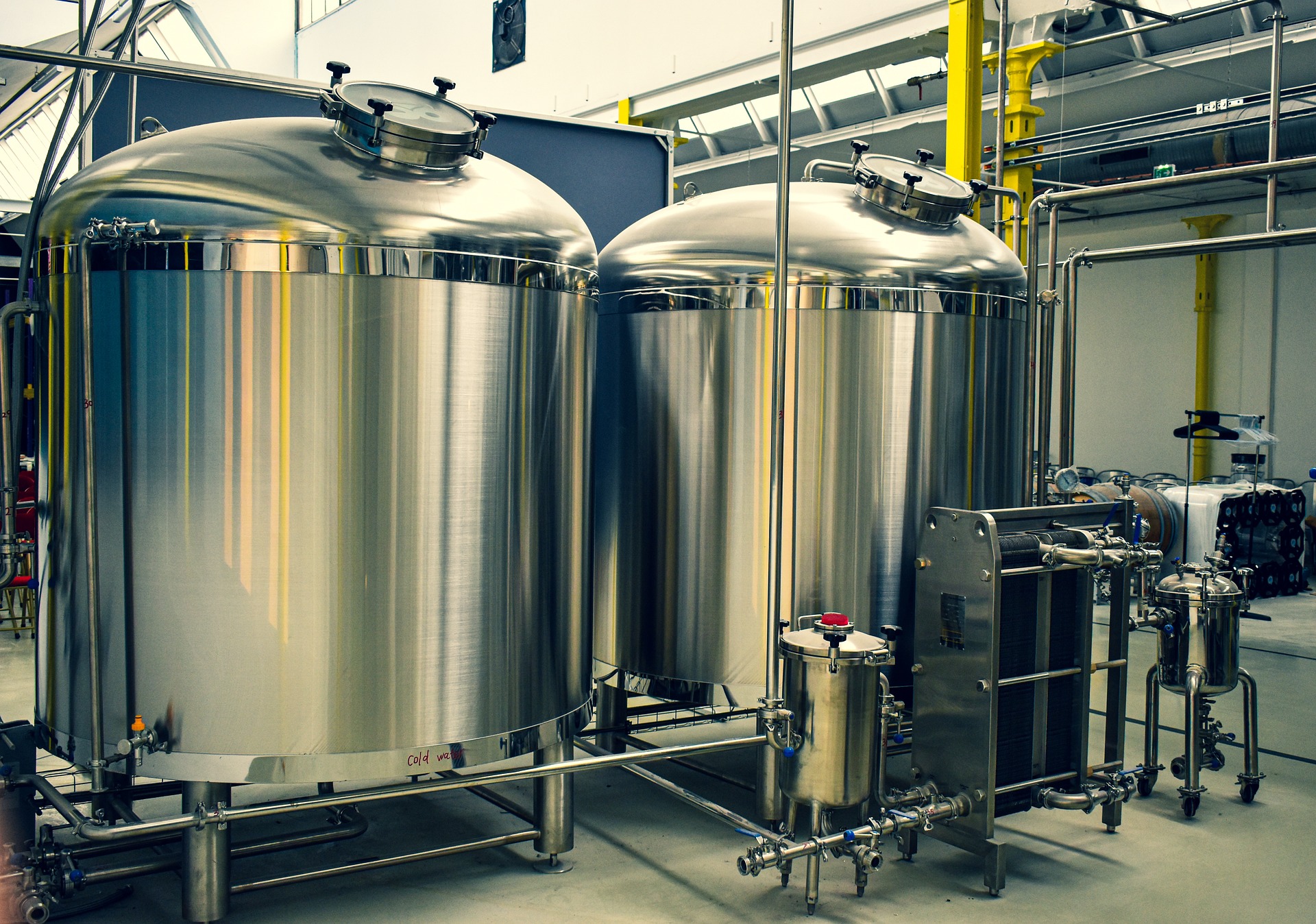Swiss startup ProSeed is pioneering a new approach to sustainable food production by transforming brewer’s spent grain (BSG)—a wet byproduct from the beer brewing process—into valuable, dry, and nutritionally rich ingredients for the food industry. This innovative process not only addresses the environmental impact of BSG waste but also creates a circular business model that benefits both the beverage and food industries.
The Challenge of Brewer’s Spent Grain
Brewer’s spent grain is the insoluble residue left after malted barley is used in beer production. It is a byproduct produced in large quantities, with breweries across the world often struggling to manage and utilize it effectively. Due to its wet nature, BSG spoils quickly if not processed and stored properly, leading many breweries to incur significant costs either in waste disposal or short-lived storage solutions.
Despite its high nutritional value, BSG has traditionally been underutilized. Rich in protein, fiber, and essential nutrients, the byproduct is often discarded or used as animal feed. ProSeed co-founders Aurélien Ducrey and Mateo Aerny, however, saw potential in BSG that could be unlocked for human consumption and sustainability. Their goal was to transform this waste into dry, stable, and nutritious ingredients for the food industry.
The ProSeed Solution: Drying Technology for a Circular Economy
Founded in 2023, ProSeed developed a drying technology that turns wet brewer’s spent grain into a shelf-stable, dry product with a variety of food-grade applications. The ProSeed unit, which is designed to be installed in breweries, dries BSG efficiently while preserving its nutritional content. By transforming this wet byproduct into dry ingredients, ProSeed bridges the gap between the beverage industry and food manufacturers, enabling breweries to convert waste into a valuable product.
Ducrey and Aerny recognized that breweries, focused on beer production, were not equipped to process BSG into usable ingredients for the food sector. The ProSeed unit, therefore, allows breweries to continue operations without interruption while adding value to their byproduct. ProSeed’s business model is symbiotic: breweries install the ProSeed unit, dry the BSG, and sell the output back to ProSeed, which then distributes it to food manufacturers. This creates a circular process that not only adds value to what was once waste but also generates additional revenue for breweries.
Sustainability and Energy Efficiency
A key feature of ProSeed’s technology is its energy efficiency. While drying typically requires significant energy, ProSeed’s unit is optimized to minimize energy consumption and can even be powered by renewable energy sources. The unit is designed to handle between 200 and 1,000 tonnes of byproduct per cycle, depending on the brewery’s needs, and includes advanced monitoring to ensure the final product is safe for human consumption. By carefully controlling the drying process and microbial levels, ProSeed guarantees that its ingredients meet food-grade standards.
Transforming BSG into Nutritious Ingredients
As of November 2024, ProSeed processes BSG into three main products: flakes, flour, and concentrates. Each of these products has distinct applications in the food industry, offering enhanced nutritional value and versatility.
- BSG Flakes: These flakes are rich in protein (22%) and fiber (56%) and have remarkable water absorption capabilities, able to absorb up to four times their weight in water. While they present certain textural challenges due to their large fibers, they show promise in applications like solid-state fermentation, where they can be transformed into products resembling cacao or other high-fiber foods.
- BSG Flour: Containing around 25% protein and 51% fiber, BSG flour is highly water-absorbent, capable of absorbing five times its weight in water. Unlike the flakes, BSG flour offers a smoother texture with no unpleasant mouthfeel, making it suitable for use in baked goods, pasta, and crackers. It also serves as a valuable ingredient for enhancing the nutritional content of various food products.
- BSG Concentrates: These include both fiber and protein concentrates, with protein content reaching up to 40%. This makes them ideal for incorporation into plant-based foods, protein-based snacks, and other applications that require a protein boost. The flexibility in concentration allows food manufacturers to tailor the ingredient to meet specific nutritional needs.
The Circular Business Model and Future Potential
ProSeed’s innovative approach addresses multiple industry challenges simultaneously: reducing food and beverage waste, enhancing sustainability in food production, and creating a profitable business model for breweries. By offering a technology that adds value to BSG, ProSeed not only helps breweries minimize waste but also provides them with a new revenue stream.
Looking ahead, ProSeed plans to expand its reach by further developing and patenting its drying technology. The company aims to scale up its operations and install its units in breweries and food processing facilities around the world. By doing so, ProSeed envisions a future where byproducts from the beverage industry are consistently transformed into high-value, nutritious ingredients that contribute to the global food supply.
Conclusion
ProSeed’s groundbreaking work in repurposing brewer’s spent grain highlights the potential of sustainable practices in the food and beverage industry. Through its innovative drying technology and circular business model, ProSeed is turning waste into opportunity, providing food manufacturers with valuable, nutritious ingredients while simultaneously supporting sustainability efforts. As the company continues to scale and refine its technology, it offers a promising solution for transforming industrial byproducts into food-grade products, contributing to a more sustainable and circular economy.
References:
- Wiles, T. (2024). Transforming Beer Brewing Byproduct into Nutritious, Sustainable Dry Ingredients for Food. Fi Global Insights. https://insights.figlobal.com/upcycling/transforming-beer-brewing-byproduct-into-nutritious-sustainable-dry-ingredients-for-food.



